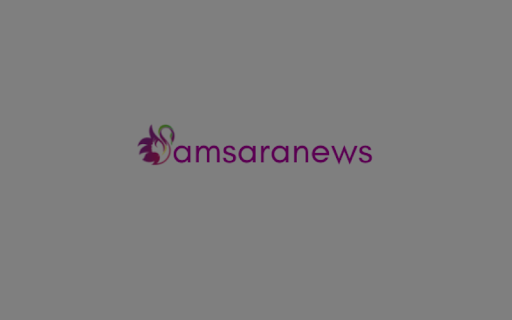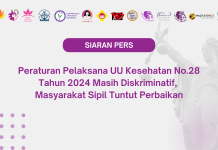When access to safe abortions are blocked by restrictive laws, black markets exploit women in a time of need and desperation; Inna Hudaya,founder of Samsara, writes from Indonesia.
Criminalization of abortion does not stop women from seeking safe abortion services. Any woman can experience an unplanned pregnancy, even one who uses contraception; and therefore the need for safe abortion services continues to exist, even if contraceptive use increases. As economic theories highlight, where there is need there is business, and this often leads to the exploitation of desperate women.
Women who have unplanned pregnancies and are not all accommodated in The Health Bill interpretation, attempt to seek safe abortion services elsewhere. The needs of these women are therefore met with by the private sector, which is often safe but every expensive. Only women with money and those who have access to information can find these services.
Here are case studies highlighting the difficulty patients experience in accessing information.
Rani, 25, was repeatedly deceived by drug sellers on the Internet while trying to get Misoprostol for safe abortion. She transferred the money but the package never arrived. She tried another one with the same result. It was impossible for her to report it to the police without endangering herself. Instead of investigating the fraud, the police would have investigated her motives to end her pregnancy.
Finally, in a state of bankruptcy and desperation, Rani contacted Samsara’s safe abortion hotline to get advice on access to safe abortion services.
Sasha, 22 and unmarried, had to go through a difficult process to seek access for safe abortion. She found a doctor willing to do an abortion combining a method of induction with D&C but at a total cost of 13 million IDR (1369 USD). Because she could not afford the entire cost, and so the doctor performed the induction, but not the D&C. It caused spotting, but did not terminate her pregnancy. She finally found the hotline, and called the counsellor for further treatment.
Mita, 30, was a victim of domestic violence. When she demanded a divorce from her husband, he raped her, and this this caused a pregnancy. As a pregnant woman, she would have to cancel her divorce process, and enter a waiting periode. She desperately needed access to safe abortion without the consent and acknowledgement of her husband.
Sasha, Rani and Mita are those who are not protected in the Health Bill. Because of their desperation, they become victims for underground or over-pricedbusinesses to exploit. There are several women like them, who have experienced violence and discrimination when seeking safe abortion services. Many other woman have become victims of unsafe abortions, which result in death or severe complications.
Abortion is a major public health issue, and a women’s rights issue. Women should have access to it like to any other safe and necessary medical procedure without stigma, discrimination and restriction. Instead ill-defined laws and the lack of regulation have turned the ‘service’ into a business. When abortion becomes a business without clear regulations, then the female body become a battle ground. It is bad law that creates bad business.
Inna Hudaya is the founder and director of Samsara, and the author and owner of www.askinna.com. She works as a senior counsellor at Samsara, and provides pre- and post-abortion counseling, and promotes access to information on safe abortions.
Samsara promotes sexuality education by providing access to accurate information on reproductive health and choices. Samsara has a safe abortion hotline, and provides a platform for young women and men to discuss sex, sexuality, abortion and other reproductive health issues in an amoral environment.
taken from Asia Safe Abortion Partnership










